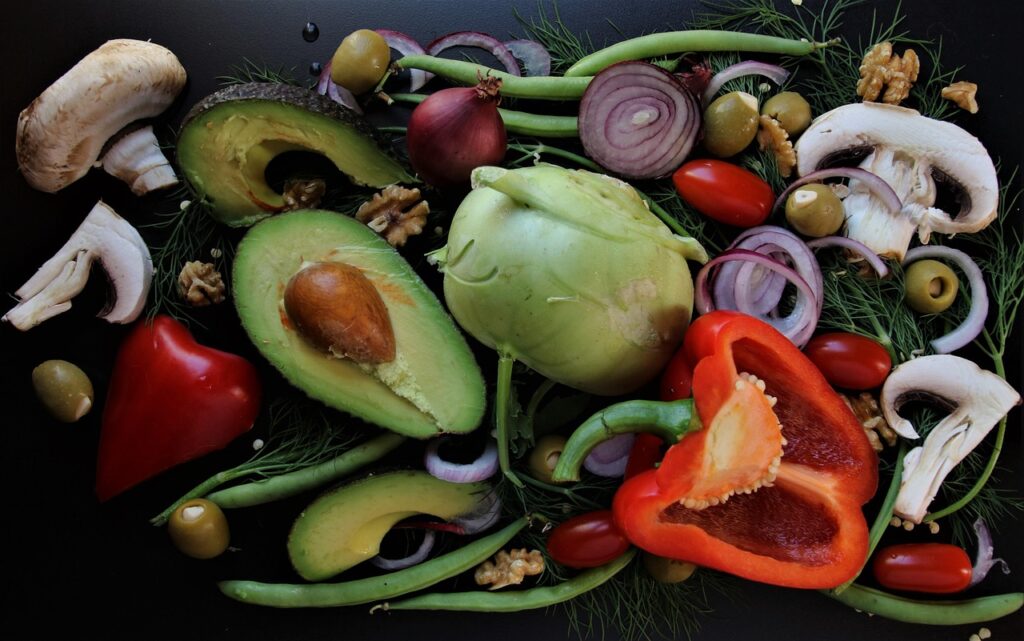What feels like simple heat exhaustion may be your body quietly losing essential minerals. Research shows that students, office workers, and menopausal women are particularly susceptible to nutrient imbalances during summer, leading to fatigue, cramps, and mood swings.

LOS ANGELES, CA (MERXWIRE) – Summer often feels especially exhausting, but did you know the heat may not be the only reason? Your body could be warning you of a nutritional imbalance. Magnesium, potassium, and iron are three minerals that tend to be lost silently during hot weather. Without timely replenishment, subtle yet noticeable symptoms of discomfort may arise.
When temperatures soar and sweat flows, people often lose their appetite and reach for iced drinks to cool down. Internally, however, the body is quietly losing vital nutrients essential for proper nerve, muscle, and blood function. Inadequate hydration or a diet skewed toward cold and light foods can lead to fatigue, dizziness, cramps, mood swings, and poor sleep, significantly reducing one’s energy and productivity.
More than 2 billion people globally suffer from “hidden hunger”, where caloric intake is sufficient but micronutrient levels are deficient. Iron-deficiency anaemia is prevalent among women, and inadequate magnesium intake is closely linked to chronic fatigue, poor sleep quality, and emotional instability. In high-income countries, about 15% of adults consume less magnesium than recommended, indicating this is not solely a problem in underdeveloped regions.
For most people, daily intakes of magnesium, potassium, and iron fall short of the body’s actual needs. In summer, dietary patterns tend to become simpler and lighter, while sweating increases mineral loss. Teenagers (due to picky eating), office workers (due to prolonged sitting and dining out), and menopausal women (due to metabolic changes and diet control) are especially prone to nutritional imbalance.
Many people turn to sports drinks to quickly replenish electrolytes. Still, these beverages often contain high levels of sugar, which can lead to blood sugar fluctuations or digestive issues when consumed over time. Better alternatives include natural coconut water, diluted homemade fruit juice, or room-temperature water with a pinch of salt—all of which are gentler and more effective.

Fatigue in summer is not always about the heat—it could be your body’s way of asking for proper nourishment. To boost your energy, maintain stable moods, and improve your stamina, begin by optimising your diet and hydration habits. Eating more dark leafy greens, nuts, red beans, and whole grains, while reducing your intake of sugary beverages and increasing your fluid intake, will help you enjoy a healthier and more refreshing summer.




